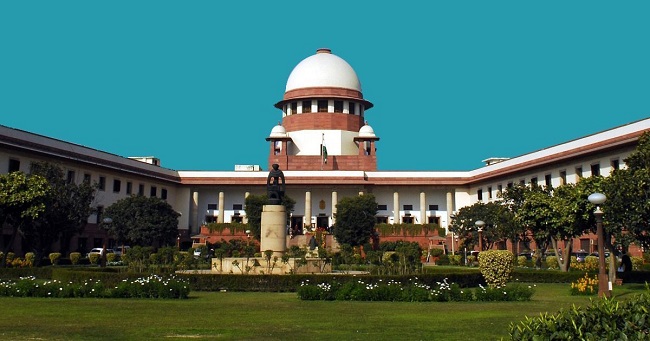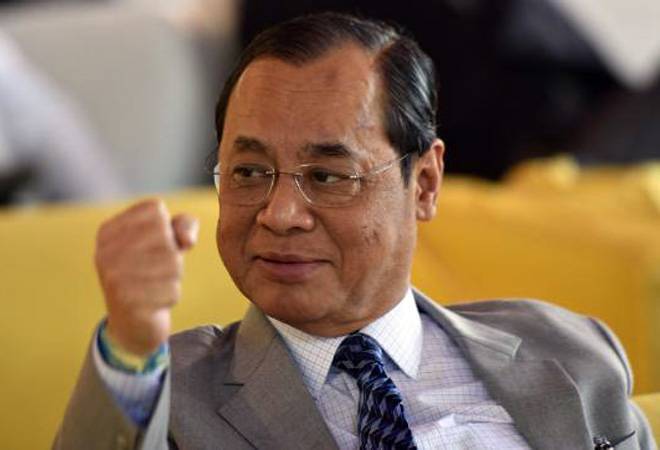 English
English

The Supreme Court has dismissed a plea seeking review of its 2015 verdict striking down the National Judicial Appointments Commission (NJAC) Act, which had led to the revival of the collegium system for appointment of judges.

New Delhi: The Supreme Court has dismissed a plea seeking review of its 2015 verdict striking down the National Judicial Appointments Commission (NJAC) Act, which had led to the revival of the collegium system for appointment of judges.
A five-judge bench, headed by Chief Justice Ranjan Gogoi, dismissed the review petition saying there was no merit in the plea.

Also Read: CBI bribery case: Hearing adjourned till 29 November
"We have carefully gone through the review petition and the connected papers. We do not find any merit in the same," the bench also comprising of Justices Madan B Lokur, Kurian Joseph, AM Khanwilkar and Ashok Bhushan said.
The apex court also noted that "there was a delay of 470 days in filing the review petition for which no satisfactory explanation has been offered".
The court also rejected an additional application seeking hearing of the review petition in an open court. As per the norm, a review petition at the Supreme Court is heard in the judges' chamber and not open to the public.
The NJAC was a proposed body, which would have been responsible for the appointment and transfer of judges to the higher judiciary.
The NJAC Act and the Constitutional Amendment Act came into force from April 13, 2015. But the top court on October 16, 2015, struck down the NJAC Act. The verdict brought back the primacy of the collegium system of judges appointing judges.
Also Read: Supreme Court refuses to entertain fresh plea against Article 370
The review petition against the 2015 verdict was filed by National Lawyers Campaign for Judicial Transparency and Reforms.
The petitioner has contended that the 2015 verdict of the top court was "unconstitutional and void". (ANI)